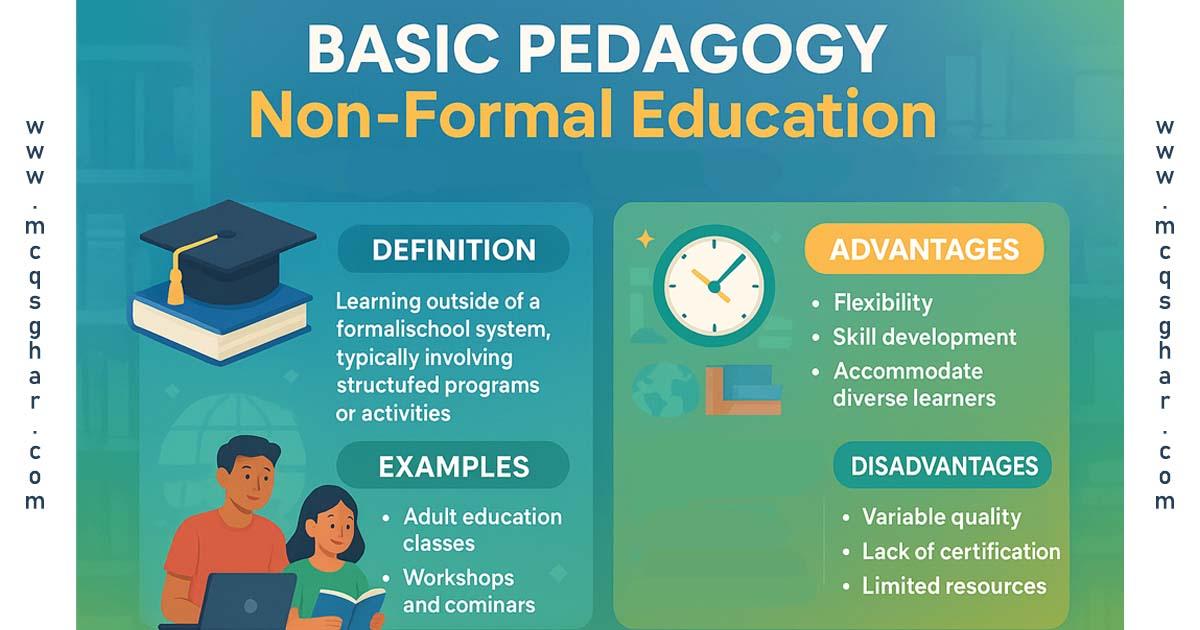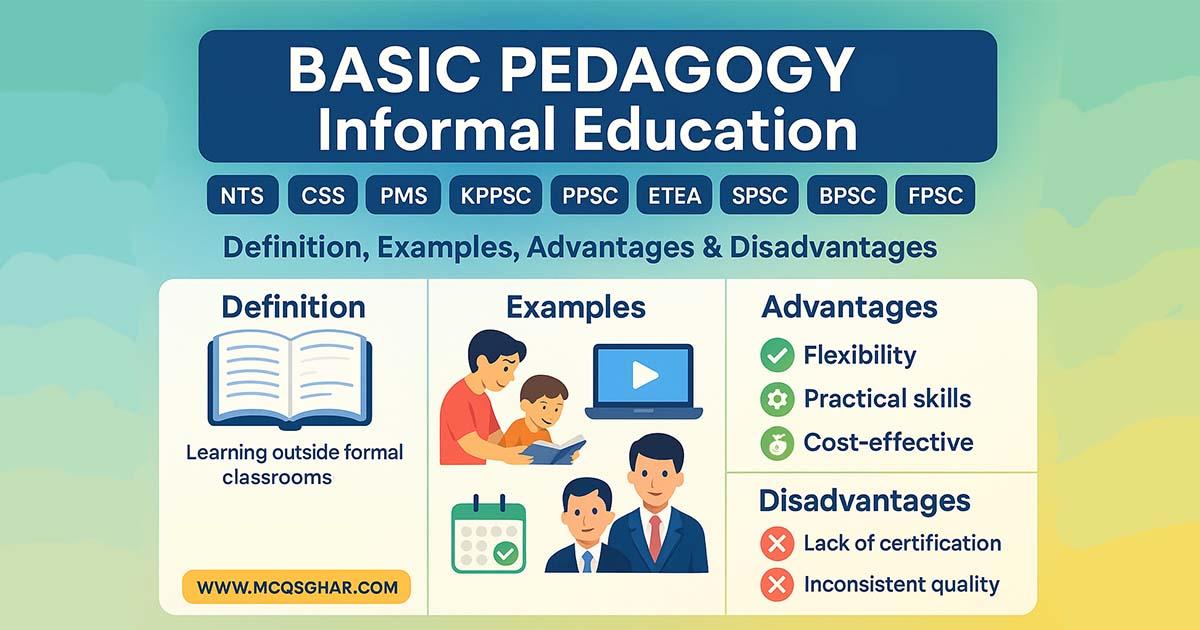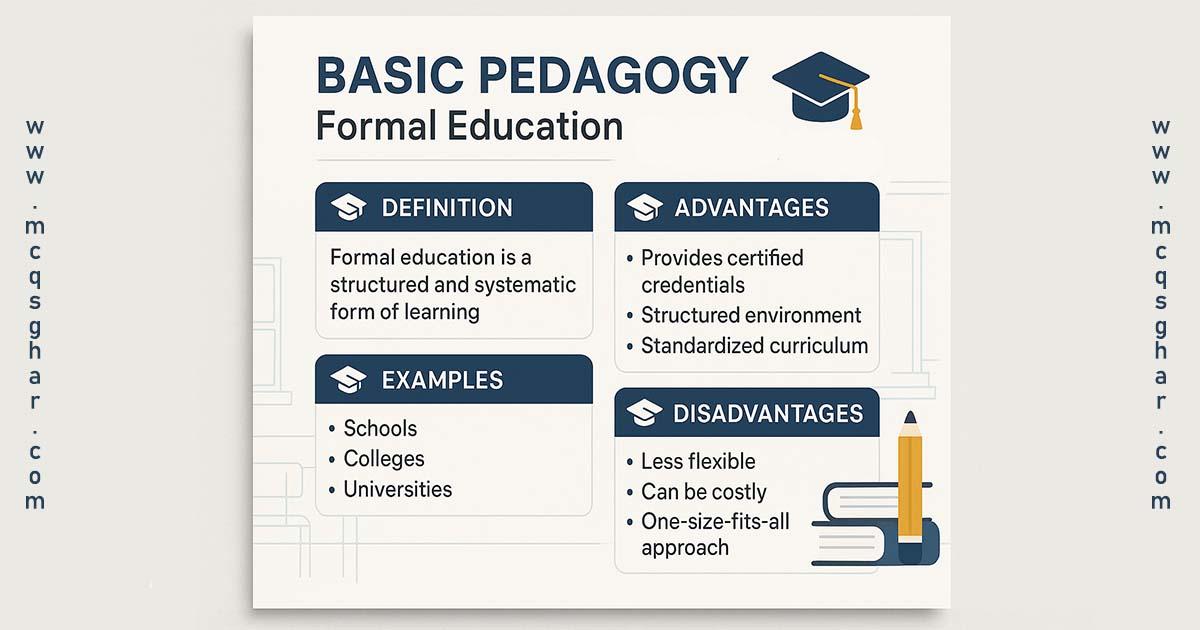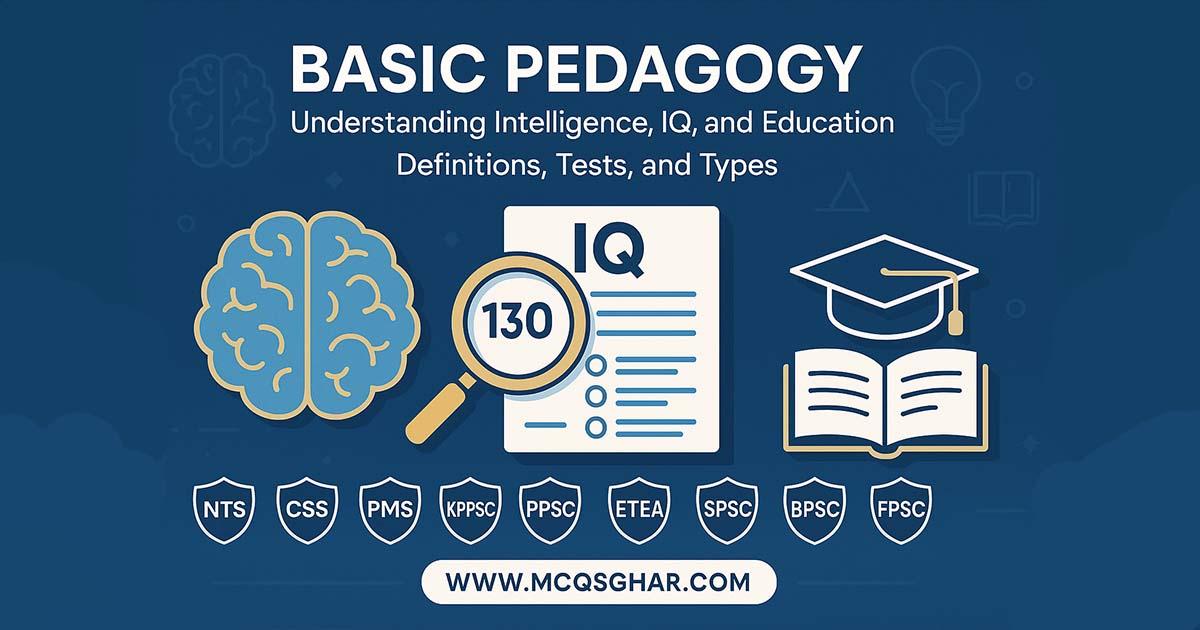BASIC PEDAGOGY: Non-Formal Education definition, examples, advantages & disadvantages
Non-formal education is a flexible, structured learning system outside traditional schools. It includes adult literacy programs, vocational training, and community courses. Discover its benefits, examples, and why it’s essential for lifelong learning.
Read More



